Tonia Brinston: Empowering Financial Freedom and Community Resilience
Tonia Brinston, a Certified Financial Educator and CEO of SLAP (Sounds Like A Plan) Financial Consulting LLC, works to interrupt generational poverty...
2 min read
 Guest Blogger
:
4:26 PM on February 16, 2024
Guest Blogger
:
4:26 PM on February 16, 2024

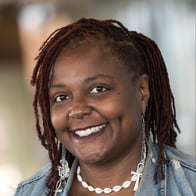 Guest blog by Pearll Warren, Financial Coaching Manager
Guest blog by Pearll Warren, Financial Coaching Manager
In a world where money talks, financial trauma in the Black community often shouts the loudest. From systemic inequalities to historical injustices, the piggy bank of Black individuals has taken more than its fair share of hits. The lack of financial literacy has held the greatest impact on the Black dollar.
 Picture this: a family tree with more knots than a tangled set of earphones. Where is the generational wealth? It’s more like generational stealth, as it seems to vanish quicker than you can say "compound interest." The cycle of financial trauma can be extremely hard to break.
Picture this: a family tree with more knots than a tangled set of earphones. Where is the generational wealth? It’s more like generational stealth, as it seems to vanish quicker than you can say "compound interest." The cycle of financial trauma can be extremely hard to break.
This has not always been epidemic amongst Black Americans. We can look back on the establishment of Black Wall Street, as the Tulsa, Oklahoma Black business district was called. This development of cooperative economics existed in other states throughout the U.S. However, Tulsa received the greatest publicity around its destruction in 1921, a little over a century ago.
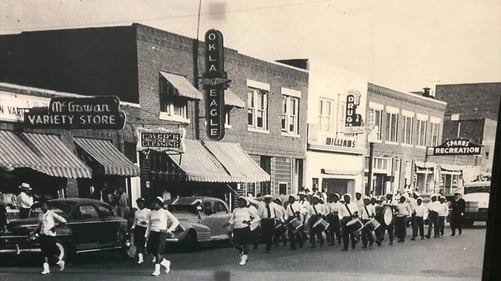 Black Wall Street, Tulsa, OK
Black Wall Street, Tulsa, OK
The bitter sludge from this destruction traumatized the Black community, which suffered dire consequences for building self-sufficiency. It has left a stain on the membrane of Black America. Once you have a plague of violence that spreads amongst a generation of people, the fear of rebuilding for fear of further destruction lives out loud.
At the intersection of race and finance, the road is bumpier than a pothole-ridden street. Redlining, predatory lending, and wage gaps play a game of Monopoly where the rules are rigged, and the odds are never in favor of Black Americans. But it’s not all doom and gloom. Recognizing the systemic patterns around the disenfranchisement of Black Americans is the first step to breaking the cycle. At Twin Cities Habitat, we're turning the tables, flipping the script, and showing the community that "financial literacy" is not just a buzzword—it's a lifeline.
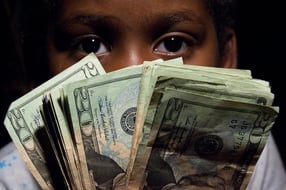
We work to undo these disenfranchisement patterns, recognize cultural disparities, and close the homeownership gap. Our Special Purpose Credit program places a great deal of emphasis on culturally specific financial education to dismantle these barriers of underachievement due to the lack of financial knowledge. And we know that the work doesn’t stop there; this is just the beginning, and all parties can add their pieces to this puzzle. Collective efficacy is the key to sustaining programs that will increase the results and disrupt generational deficits.
When it comes to financial trauma in the Black community, it's time to rebalance the books. So, grab your calculators, sharpen your pencils, and rewrite the narrative with us because we know this is something that can definitely be accomplished. Support the financial literacy and education that will remove the stain of financial trauma and disrupt this unnecessary cycle—for good.
Your gift unlocks bright futures! Donate now to create, preserve, and promote affordable homeownership in the Twin Cities.
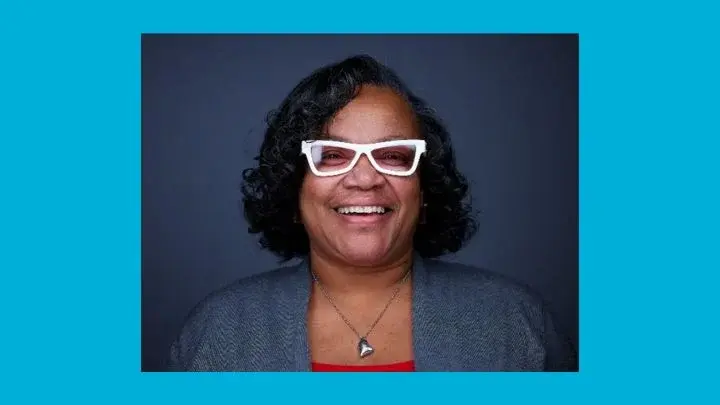
Tonia Brinston, a Certified Financial Educator and CEO of SLAP (Sounds Like A Plan) Financial Consulting LLC, works to interrupt generational poverty...

Homeownership has long been considered a foundation for success, and for good reason.
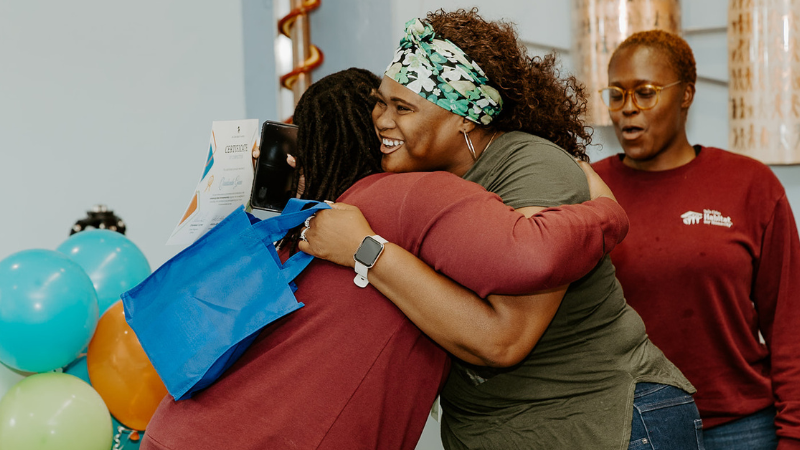
Several years before adopting our new Strategic Plan: Build Forward Together, Twin Cities Habitat began seeking creative solutions to bridge the...